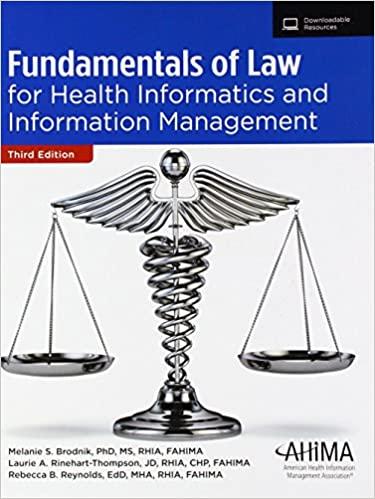Question
4. A food services company invents an artificial sweet-ener that tastes exactly like sugar, has no calories, and is cheaper than sugar to manufacture. It
4. A food services company invents an artificial sweet-ener that tastes exactly like sugar, has no calories, and is cheaper than sugar to manufacture. It seeks a pat-ent for its new invention and begins production of the new product. Answer the following questions based on these facts.
A. If the company wants to register the product under the name Sugar, will it succeed?
B. Assume that the company obtains a registered trademark for the product under the name Natural Sweet. Six years later, when the product has cap-tured a 90% share of the artificial sweetener mar-ket, a competitor sues for trademark infringement, claiming that the product is too closely linked to its own trademark, both in the name and in the ap-pearance of the lettering in the registered trade-mark's logo. Assume that both of these allegations are true. What result?
C. Twenty-one years after the introduction of the product into the market, a competitor clones the product and markets it under its own trademark. The inventor of the product sues to protect its product, claiming both an infringement of its pat-ent and a violation of its valuable trade secrets by the appropriation of its formula. What result?
Step by Step Solution
There are 3 Steps involved in it
Step: 1

Get Instant Access to Expert-Tailored Solutions
See step-by-step solutions with expert insights and AI powered tools for academic success
Step: 2

Step: 3

Ace Your Homework with AI
Get the answers you need in no time with our AI-driven, step-by-step assistance
Get Started


